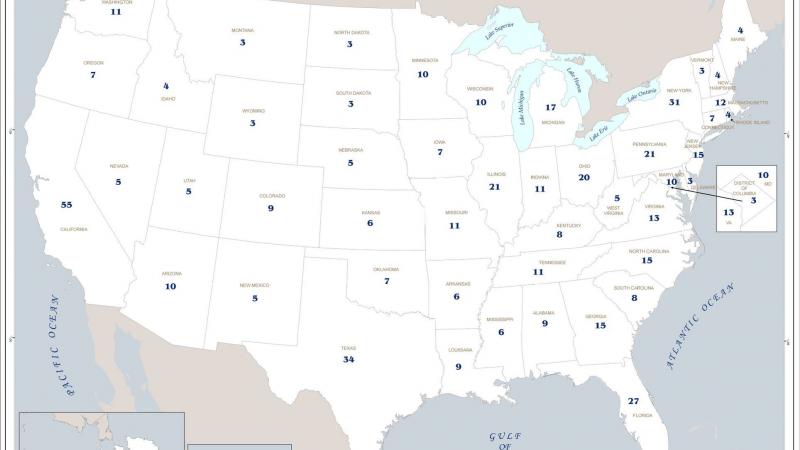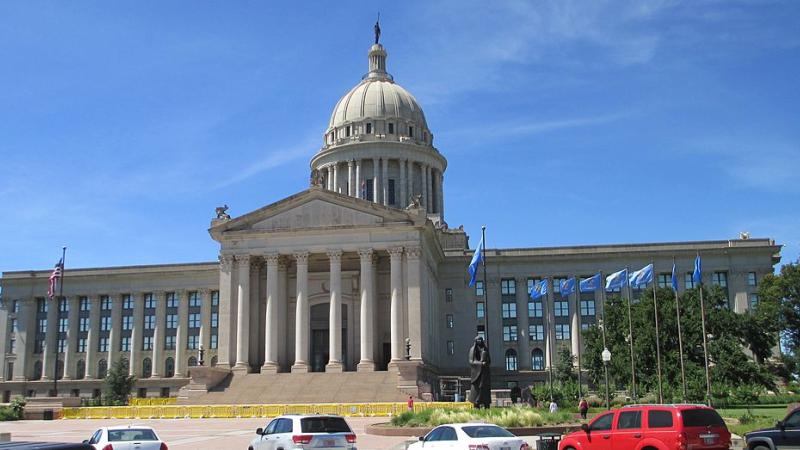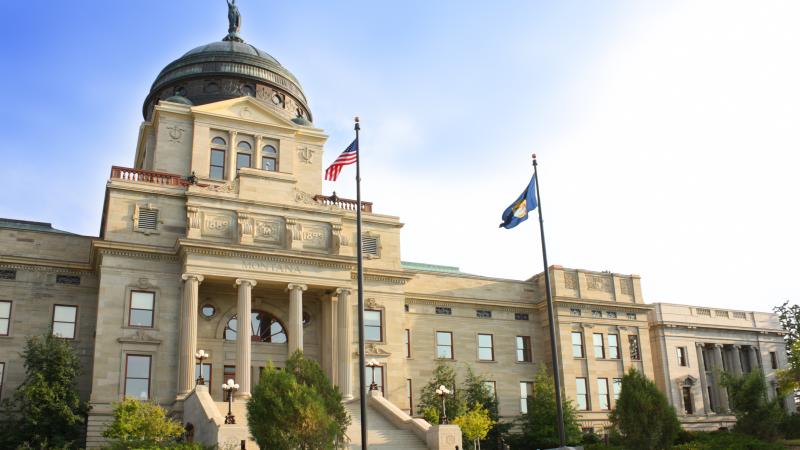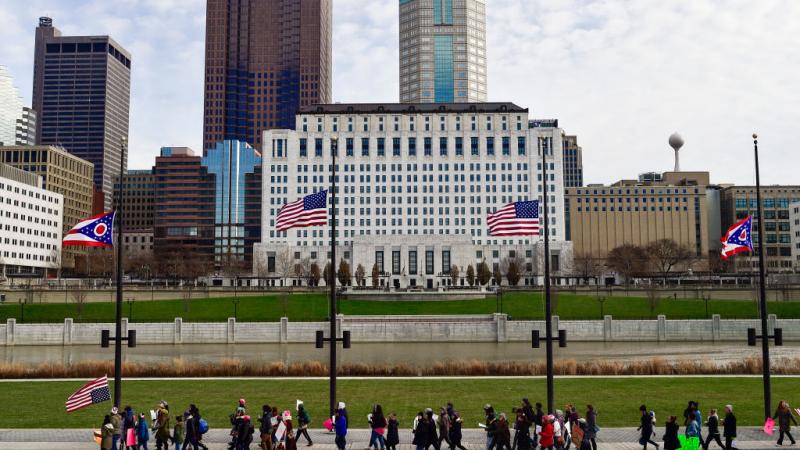Amid historic absentee voting, rejected mail-in ballots could have 'significant effect' on outcome
Up to 3% of first-time mail-in voters see their ballots rejected, potentially upending projected vote totals.
Rejected mail-in ballots could play a decisive role in the 2020 election, with a small but critical number of dismissed ballots potentially flipping poll numbers on their head and handing President Trump another surprise victory Nov. 3.
Americans are voting by mail in record numbers in 2020, driven largely by months of public health warnings that due to COVID-19, Americans should avoid large gatherings, particularly indoor events, and should avoid touching commonly used surfaces or objects, inescapable realities of in-person polling locations.
Though officials including White House coronavirus adviser Anthony Fauci have assured Americans that voting in person this year is safe, a record number of Americans — around 30% — plan to cast their ballots by mail this year. That's up from about 20% in 2016 and is a threefold increase from 2000.
Problems with first-time mail-in voters could lead to hundreds of thousands of rejections
Polling data indicate that mail-in voters strongly favor Biden, which — when coupled with early voters who also favor the Democratic candidate — could give Biden a further boost in what appears to be his considerable advantage over Trump heading toward Election Day.
Yet a not-insignificant percentage of those ballots could end up rejected and uncounted, potentially shaving Biden's edge and giving the president a surprise upset in November.
"We know that, historically, one to one and a half percent of mail-in ballots are declined," veteran pollster Scott Rasmussen told Just the News this week.
"But we also know that people who fill out a mail-in ballot for the first time are about three times as likely to have their ballot rejected," he continued. "So this year if we have a huge growth in the number of people who vote by mail ... it might have a significant effect."
The number of rejected ballots through this election season is already comparatively large. An NPR analysis in August found that about 550,000 ballots were rejected during this year's primaries, about 75% more than were rejected during the 2016 general election.
Whether or not the November election will see enough rejections to affect the race is unclear, though the sheer volume of mail-in ballots expected in every state will likely play even more havoc than election centers saw over the course of the primaries.
"We won't know who wins Pennsylvania for three weeks," Rasmussen predicted, "because Pennsylvania has no history with mass mail-in voting."
Rejections usually depend upon signatures, deadlines
Ballot rejections are driven primarily by two factors, according to a research paper published this month by several academic scholars at Dartmouth, the University of Georgia, and the University of Florida. "The most common reasons for ballot rejection," they wrote, "are (1) lateness and (2) the presence of a signature defect on a ballot's return envelope."
Mail-in deadlines have been a source of significant contention over the past several months. Numerous activists, many of them adjacent to influential Democratic groups, have been spearheading efforts, including lawsuits, to extend ballot counting deadlines well past the Nov. 3 election date. Many states have tried to extend that deadline, though not always successfully.
On Friday, an appeals court struck down a Michigan rule mandating a two-week window for counting ballots after Election Day, stating that the extension was both illegal and unwarranted even in light of the pandemic.
Multiple key battleground states, meanwhile, don't practice signature matching on mail-in ballots, lessening the chance of rejected ballots but opening an opportunity for possible vote fraud.
Commentators and public officials have also expressed concern that mail-in ballots could get lost or delayed due to the U.S. Postal Service being overwhelmed by the mass influx of ballots it is expected to ship this year, though Postmaster General Louis DeJoy has said publicly that the postal service expects to be able to adequately handle election mail leading up to Election Day.
Rasmussen said the chaos surrounding a heavily mailed-in election — including what is expected to be a lengthy recount process in which Democrats and Republicans will be "arguing about every one" of the mail-in ballots — could produce a scenario in which weeks pass and no clear winner is determined.
It could lead to "a real crisis of legitimacy," he said.















